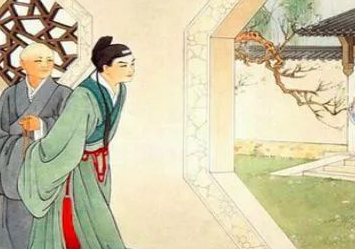The Master said, "The superior man does not promote a man simply on account of his words, nor does he put aside good words because of the man."
子曰:“君子不以言举人,不以人废言。”
Tsze-kung asked, saying, "Is there one word which may serve as a rule of practice for all one's life?"
子贡问曰:“有一言而可以终身行之者乎?”
The Master said, "Is not RECIPROCITY such a word? What you do not want done to yourself, do not do to others."
子曰:“其恕乎!己所不欲,勿施于人。”
The Master said, "In my dealings with men, whose evil do I blame, whose goodness do I praise, beyond what is proper?
子曰:“吾之于人也,谁毁谁誉?
If I do sometimes exceed in praise, there must be ground for it in my examination of the individual.
如有所誉者,其有所试矣。

This people supplied the ground why the three dynasties pursued the path of straightforwardness."
斯民也,三代之所以直道而行也。”
The Master said, "Even in my early days, a historiographer would leave a blank in his text, and he who had a horse would lend him to another to ride.
子曰:“吾犹及史之阙文也,有马者借人乘之。
Now, alas! there are no such things."
今亡矣夫!”
The Master said, "Specious words confound virtue. Want of forbearance in small matters confounds great plans."
子曰:“巧言乱德,小不忍,则乱大谋。”
The Master said, "When the multitude hate a man, it is necessary to examine into the case. When the multitude like a man, it is necessary to examine into the case."
子曰:“众恶之,必察焉;众好之,必察焉。”


